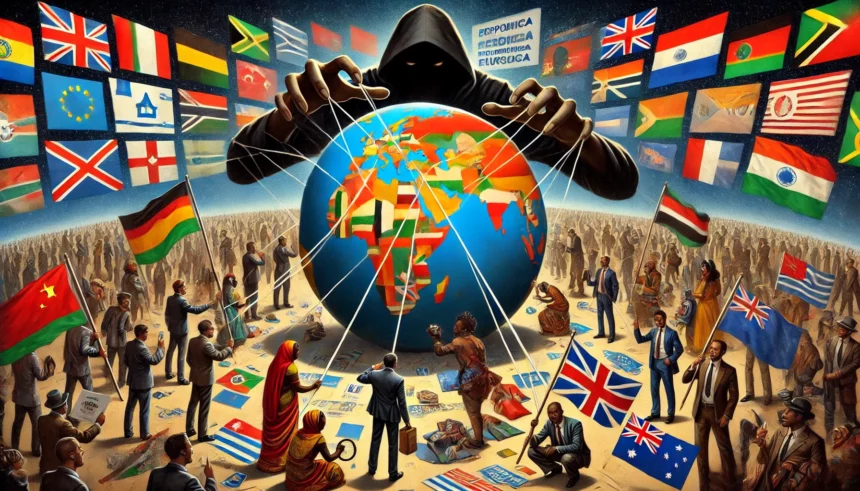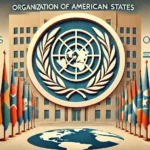Summary by Geopolist | Istanbul Center for Geopolitics
The complexity of the anti-colonial struggle that is taking place today is investigated in great detail in this study. Particular focus is placed on the manner in which authoritarian regimes are using the movement to achieve their own strategic objectives, rather than for the sake of making real attempts at emancipation. The conflict begins in New Caledonia, where Azerbaijan sponsored the independence movement as a reaction to France’s diplomatic attitude on Nagorno-Karabakh. This is where the dispute began. This is the point at when the situation started. This is the point at which the issue of contention was initiated. This exemplifies a more widespread pattern in which nations such as Russia use anti-colonial rhetoric in order to expand their influence, particularly in Africa, while simultaneously diverting attention away from their own imperialistic activities, such as Russia’s military involvement in another country, Ukraine. This pattern is particularly prevalent in Africa. The continent of Africa is home to a particularly widespread pattern.
A significant portion of anti-colonialism’s attention was directed toward achieving national independence and taking part in the fight against Western imperialism throughout the entirety of the Cold War. On the other hand, the movement that is currently in existence is more fragmented and is frequently employed by governments that are not liberal in order to weaken the influence of the West and achieve their own respective interests. Even though it has been engaging in aggressive behavior in Ukraine, Russia, for example, promotes itself as a champion of the Global South. This is despite the fact that it has been engaging in such activity.
As a result of Russia’s support for anti-colonial groups in Africa, notably in the Sahel region, it is possible for Russia to assume the place of Western countries such as France. This is a possibility. However, this comes at the expense of the nations that are being assisted in their fight against Russia, which means that their sovereignty and stability are being jeopardized as a result of this. By employing propaganda and security operations, it has been able to strengthen its stamp across the entirety of Africa, frequently taking the place of French dominance in the continent. This has been accomplished through the use of propaganda. When viewed from the other perspective, this gives rise to concerns over the true essence of sovereignty for nations that are dependent on the engagement of Russia. The possibility of interference by Russia is a matter that worries these countries. These regimes employ anti-colonial rhetoric in order to attract support in regions that have long-standing grievances against Western powers. This is done in order to protect their own interests. The fact that these regimes also have a history of imperialism does not change the fact that this is the prevailing situation.
Additionally, China and Iran are actively leveraging anti-colonial attitudes to their advantage, which allows them to increase their influence and challenge the narratives that are prominent in the Western world. The other side of the coin is that they are engaging in this activities. The essay explains how these administrations are able to enhance their positions by capitalizing on historical grievances as well as present geopolitical tensions, like as the issue in Gaza. Specifically, the study provides an example of how this is accomplished. This is evidenced by the fact that the essay is written in the first person for the reader to experience. In particular, it says that in order for the West to effectively oppose the influence of these regimes, it must first acknowledge the colonial history that it has inherited and then directly address the propaganda that is being pushed by these regimes. This is the only way that the West can effectively resist the impact of these regimes.
It has been stated that Germany’s recognition of responsibility for the colonial crimes that it committed in Namibia is a positive method to address the injustices that Germany has committed in the past. These crimes were committed in Namibia. It is proposed in this article that countries that were historically colonies should have more open and honest communication with one another, with the primary focus being on the growth of institutions and the establishment of new ones. When compared to the conventional strategy, which focuses solely on monetary restitution, this approach is very different. The Western world must take active measures to counteract the propaganda that is produced by authoritarian governments in order to prevent these regimes from using anti-colonial movements for their own purposes. This is important in order to prevent these regimes from using anti-colonial movements for their own purposes. Due to the fact that the Western world needs to take action, this conclusion is made as a result of the situation.
Read the full article here.







